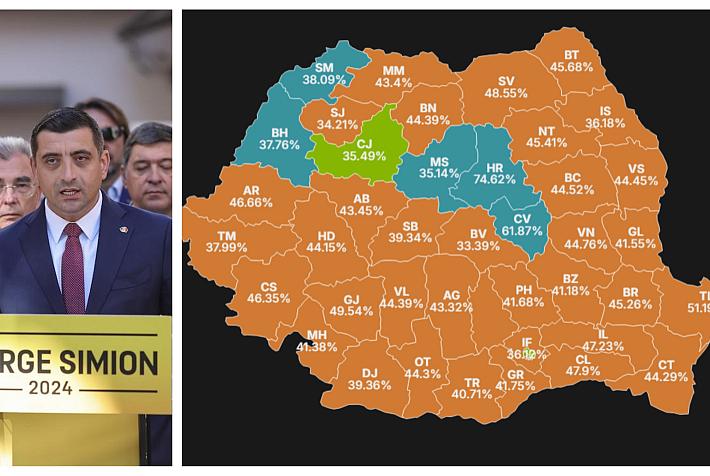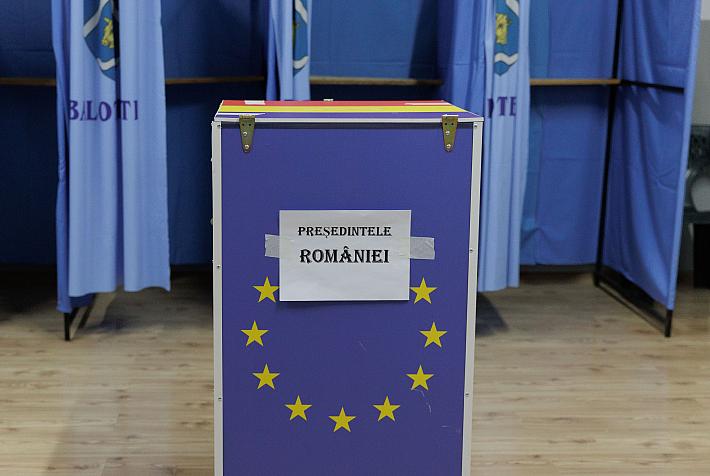Romanian lesson of the week: The personal pronouns and the verbs “to be” and “to have”

Listen to the recording below while reading this week's Romanian language lesson:
[audio:http://www.romania-insider.com/wp-content/uploads/2011/01/Pers_pron_to_be_to_have.mp3|titles=Pers_pron_to_be_to_have]
The personal pronouns (“pronumele personale”):
eu (I)
tu (you)
el (he)
ea (she)
noi (we)
voi (you)
ei (they masculin)
ele (they feminine)
The word “dumneavoastră” is an equivalent of “you”, but it is used in a formal context (instead of “tu” or “voi”).
The verb “to have” (verbul “a avea”)
Eu am (I have)
Tu ai (you have)
El are (he has)
Ea are (she has)
Noi avem (we have)
Voi aveți (you have)
Ei au (they have - masculine)
Ele au (they have – feminine)
The verb “to be” (“a fi”)
Eu sunt (I am)
Tu ești (you are)
El este (he is)
Ea este (she is)
Noi suntem (we are)
Voi sunteți (you are)
Ei sunt (they are - masculine)
Ele sunt (they are - feminine)
Exercițiu (exercise)
Write the right form of the verbs in the present tense:
Eu (a avea) o carte - I (to have) a book.
El (a fi) student – He (to be) a student.
Noi (a avea) o mașină. - We (to have) a car.
Ei (a fi) acasă. - They (to be) at home.
Voi (a avea) un telefon. - You (to have) a phone.
Ea (a fi) frumoasă. - She (to be) beautiful.











